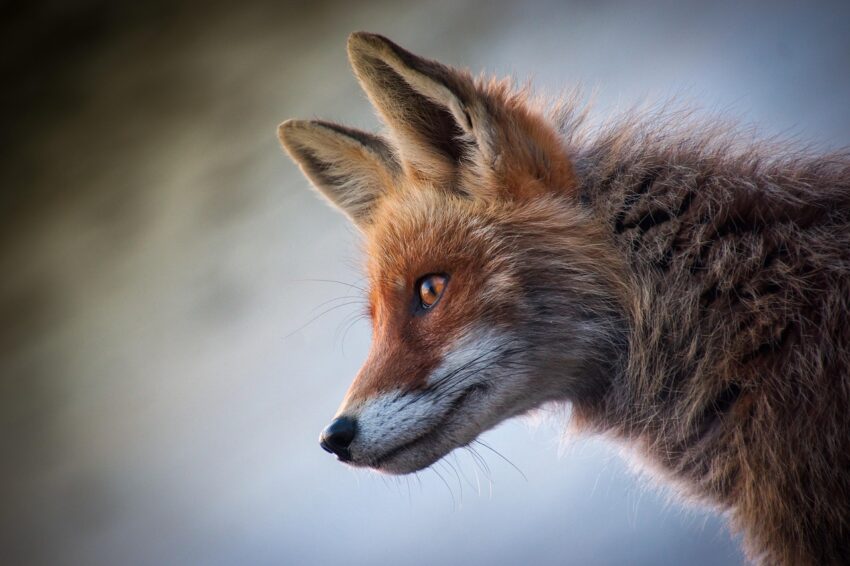The Myth of the “Independent Cat”: How Felines Form Deep Bonds
Cats have long been seen as mysterious, aloof creatures who enjoy solitude and value independence. Many people assume that cats are not as affectionate or loyal as dogs. But while cats may express love in subtle ways, the idea that they are emotionless or distant is simply a myth.
In truth, cats are capable of forming deep emotional bonds — with their humans, with other animals, and even with each other.
1. Where the Myth Comes From
Historically, cats were valued for their hunting skills and their ability to survive on their own. Unlike dogs, who were bred for work and companionship, cats joined human life on their own terms.
Their quiet nature, love of personal space, and habit of hiding when stressed made people believe that cats prefer to be alone. But new research and everyday experience tell a different story.
2. Cats Form Attachments Like Children
A recent study from a well known university found that cats show attachment styles similar to human infants and dogs. In simple terms, many cats bond with their owners in ways that reflect trust, comfort, and security.
In the study, when cats were placed in a new room with their owner, then left alone and later reunited, most responded in a way that showed clear emotional connection. This is a strong sign that cats do not just see humans as food providers, but as sources of safety and love.
3. How Cats Show Affection
Cats may not wag their tails or jump with joy like dogs, but their signs of love are just as real. Look for these behaviors
• Following you from room to room
• Purring when near you
• Slow blinking while looking at your face
• Rubbing their head or body against you
• Bringing you toys or even small “gifts”
• Sleeping next to you or on your belongings
These are all signs that your cat trusts you and enjoys your presence.
4. Bonding Takes Time and Respect
Unlike some dogs, cats often need time to build trust. They may be cautious at first and prefer gentle, quiet interaction. But when treated with respect and patience, they often become loving companions who form strong attachments.
Once trust is established, cats can become deeply loyal, even protective of their humans.
5. Separation Affects Cats Too
Many cat owners notice changes in behavior when they are away for long periods. Some cats stop eating, hide more often, or become unusually clingy when their owner returns. These are signs of emotional distress and attachment.
Cats may also mourn the loss of a family member, human or animal, showing signs of grief such as searching, vocalizing, or withdrawing.
6. Cats Can Be Social Creatures
While cats enjoy their alone time, they also seek connection — with other cats, with people, and even with other species. Some cats form close friendships with dogs, rabbits, or birds. Others bond deeply with a single human or become the heart of a whole household.
They may not need constant attention, but they do need love and companionship.
7. Why This Matters
Understanding that cats form emotional bonds can help us become better caretakers. It reminds us to
• Provide affection and attention, not just food
• Respect their boundaries while still including them in our lives
• Recognize signs of stress, sadness, or loneliness
• See them as emotional beings with complex inner worlds
Treating cats as emotionally rich companions improves their well being — and strengthens the bond we share.
Conclusion
The image of the cold, independent cat is outdated. While cats may be quieter and more subtle in how they show affection, their capacity for love and loyalty is real and powerful. Behind those calm eyes and soft purrs is a creature that feels, connects, and forms bonds that can last a lifetime.
So the next time your cat curls up beside you or gives you a slow blink, know this — you matter to them more than you might ever realize.
